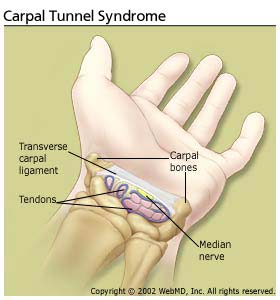You are a manager of a group of half telecommuters and half traditional employees and have to determine merit increases for the year. A recent company report showed that telecommuters were 30% more productive than traditional employees. However, you feel that the 'in-house' employees have contributed more towards running the business.
|
Ethical
|
Questionable
|
Unethical
|
give the 'in-house' employees higher raises. |
11.1% (4)
|
61.1% (22)
|
27.8% (10)
|
give employees who telecommute higher raises.
|
22.2% (8)
|
44.4% (16)
|
33.3% (12) 36
|
keep an ongoing log of the telecommuters connect time.
|
63.9% (23)
|
33.3% (12)
|
2.8% (1)
|
drive by the telecommuters' houses once in a while.
|
22.2% (8)
|
30.6% (11)
|
47.2% (17)
|
stop at the telecommuters' houses to see if they are home.
|
13.9% (5)
|
36.1% (13)
|
50.0% (18)
|
phone the telecommuters at home to see if they are in.
|
47.2% (17)
|
41.7% (15)
|
11.1% (4)
|
Scenario
|
Ethical
|
Questionable
|
Unethical
|
You have a chance to join your spouse, familiy member, or friend at a seminar in Waikiki Beach. You plan to take your computer and telework from the hotel room as if it were your house.

|
50.0% (18) |
38.9% (14)
|
11.1% (4)
|
Some of the work you do at home is a highly routine. You find that you can make several personal phone calls while making database corrections.

|
38.9% (14)
|
41.7% (15)
|
19.4% (7)
|
You develop Carpel Tunnel syndrome from working at home. The company refuses to pay compensation reasoning that you did not set up an ergonomically correct workstation for yourself and that your condition did not develop on company premises. Is the company being:

|
33.3% (12)
|
41.7% (15)
|
25.0% (9)
|
You telecommute 3 days a week. On days you work at home, you keep your kids at home saving $200/week in day care fees.

|
50.0% (18)
|
38.9% (14)
|
11.1% (4)
|
You telecommute 3 days a week. On days you work at home, you stop work for a half hour at 3:00 pm to pick the kids up.
|
61.1% (22)
|
27.8% (10)
|
11.1% (4)
|
You need to connect to your company to complete your work. You have trouble connecting and find that the network will be down for four hours. You decide to play tennis at the club and resume work after the network is available.

|
22.9% (8)
|
45.7% (16)
|
31.4% (11)
|
Your company allows workers to telecommute if they provide their own computers, software and communications equipment to support their job from home. Is the company being:
|
41.7% (15)
|
27.8% (10)
|
30.6% (11)
|









